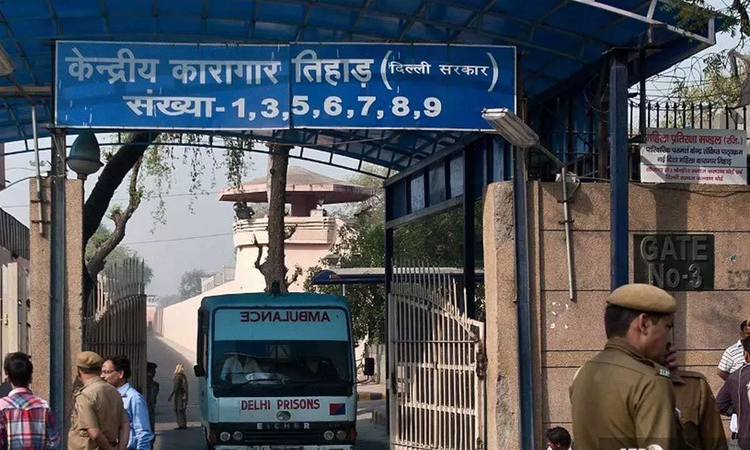The Delhi High Court has constituted a four member fact finding committee to evaluate the drinking water, sanitation and hygiene conditions in Tihar Jail. A division bench of Chief Justice Satish Chandra Sharma and Justice Sanjeev Narula directed that the members of the committee shall be Advocates Dr. Amit George, Santosh Kumar Tripathi, Nandita Rao and Tushar Sannu. “Their mandate is...

